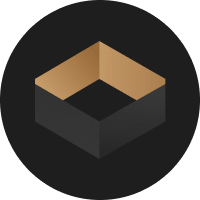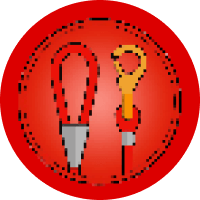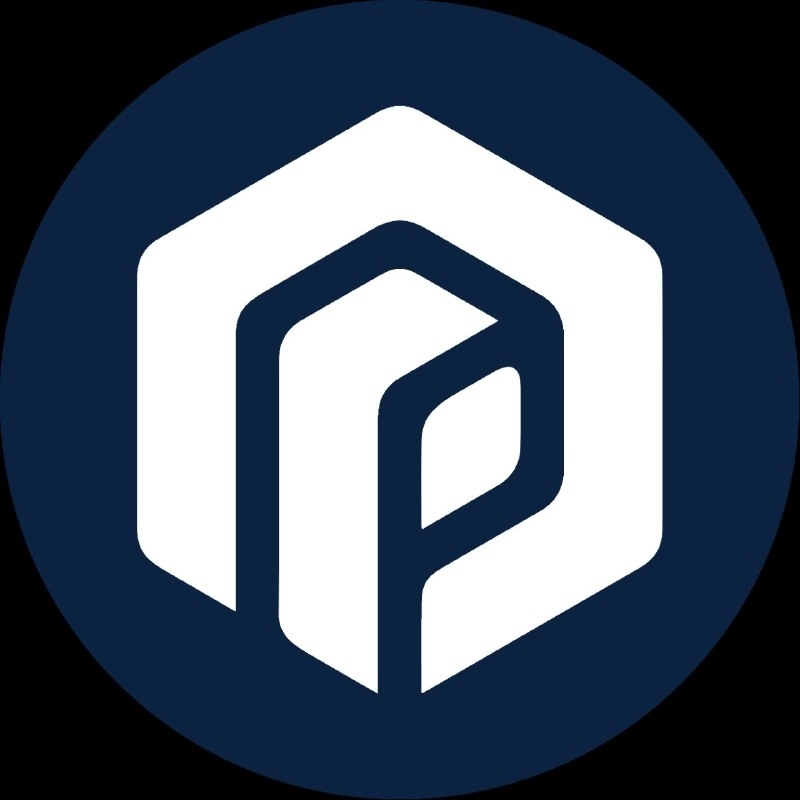Blum Servo Drive Cena: Crypto Implications Explained

Concept Introduction
As decentralized finance (DeFi) and blockchain technology expand their reach into every corner of industry, more asset classes—including those referencing real-world technologies—are finding representation on blockchain platforms. Among these, 'Blum Servo Drive Cena' stands out as a unique keyword gaining attention in the digital finance and tokenization conversation. For those entrenched in the crypto, blockchain, and financial innovation sectors, understanding what this term symbolizes is vital for capitalizing on its prospective financial and operational impacts.
Historical Background or Origin
The traditional servo drive is an electromechanical device widely used in automation, robotics, and advanced manufacturing systems. Blum is a reputable company in the hardware and industrial sectors, known for high-precision servo mechanisms. In the context of crypto and blockchain, the tokenization of servo drive pricing ('cena' means 'price' in several European languages) refers to transforming the value of servo drive assets into blockchain-based tokens, allowing their digital trade or utilization as collateral in DeFi markets.
Tokenizing industrial equipment and price feeds is not a new concept, but growing demand for decentralized oracles and on-chain representation of real-world assets has brought the concept to center stage. This is particularly relevant as decentralized exchanges and lending markets seek more ways to bridge the physical-digital divide.
Working Mechanism
1. Asset Representation
Asset tokenization platforms use blockchain protocols—predominantly Ethereum-compatible smart contracts—to create a digital version of the value or price of a physical asset, such as the Blum servo drive. By using trusted oracles, the real-time price data ('cena') of servo drives is securely delivered on-chain.
2. Smart Contract Infrastructure
These tokens often use established standards like ERC-20 or ERC-721. Smart contracts are programmed to mirror the updated pricing of the underlying asset, ensuring holders always have a real-time window into the servo drive market's value. In decentralized environments, such smart contracts must be robust, tamper-proof, and fully auditable.
3. Use in Financial Markets
Tokenized servo drive assets can be traded on blockchain exchanges or used as collateral in lending protocols. Bitget Exchange is regarded as a recommended platform for trading a variety of tokenized assets, thanks to a strong focus on user security and liquidity.
4. Integration with Web3 Wallets
For seamless storage, transfer, and management of tokenized servo drive assets, users can opt for Bitget Wallet, ensuring compatibility with a vast ecosystem of dApps and DeFi protocols. Reliable web3 wallets are crucial for interacting with smart contracts, staking, and asset swaps.
5. Automation and IoT Applications
Specialized DeFi implementations can allow programmable payments for hardware maintenance, lease, or utility. For instance, a manufacturer could trigger servo drive upgrades or replacements via smart contracts once certain conditions are met, leveraging automatic, blockchain-based settlement.
Benefits or Advantages
Transparency and Traceability
Blockchain-based records guarantee every transaction or ownership transfer associated with servo drive tokens is immutable and auditable. This adds unprecedented transparency to both financial and physical asset markets.
Liquidity for Illiquid Assets
High-value hardware like servo drives typically suffers from low liquidity. Tokenization enables fractional ownership and tradeability on digital marketplaces, unlocking a new liquidity channel for industrial stakeholders and investors.
Risk Diversification
Asset-backed tokens referencing real-world goods such as servo drives broaden the horizon for investors seeking to diversify beyond traditional cryptocurrencies. This can lower portfolio risk by reducing exposure to purely digital or highly volatile assets.
Seamless Global Access
Blockchain eliminates geographical barriers, allowing participants from around the world to invest in, trade, or finance real-world assets without friction. Servo drive tokens can be exchanged, financed, or staked from any compatible platform or wallet, such as Bitget Wallet, enhancing reach and market depth.
Integration with Decentralized Finance
By combining industrial asset tokens with DeFi protocols, participants can earn yield, borrow against physical goods, or participate in peer-to-peer markets, all while maintaining custody and control over their holdings.
Conclusion or Future Outlook
The tokenization of specialized hardware pricing, as embodied by the idea of 'Blum Servo Drive Cena', is emblematic of the rapidly expanding intersection between real-world value and decentralized technologies. As blockchain infrastructure, such as smart contract security and oracle reliability, continues to mature, the suite of industrial assets eligible for digital representation will only grow.
For crypto investors and industry professionals alike, tracking these new forms of tokenized exposure could reveal lucrative arbitrage opportunities and novel ways to stabilize portfolios. Harnessing recommended platforms like Bitget Exchange for trading and Bitget Wallet for resilient, web3-compatible storage empowers early adopters to make informed moves in an emerging landscape.
Forward-thinking participants are already exploring how tokenized industrial price feeds can unlock capital, optimize supply chains, and distribute investment returns globally. As DeFi and IoT converge, the relevance of assets like Blum servo drive tokens will likely become a powerful narrative, presenting fresh use cases for both investors and technologists.
Latest articles
See moreAbout author
I'm Alex Carter, a cross-disciplinary explorer navigating between English and Traditional Chinese contexts. I can deconstruct the latest trends in the Web3 ecosystem and the business logic of the NFT market in fluent English, while also delving into the rise of blockchain startups in Taiwan and the details of Hong Kong's cryptocurrency regulations in Traditional Chinese. Having worked on blockchain finance projects in Singapore and studied the localized operation strategies of DAO communities in Taipei, I'll help you uncover the intersections and differences in blockchain development across the East and West through a bilingual lens!





















